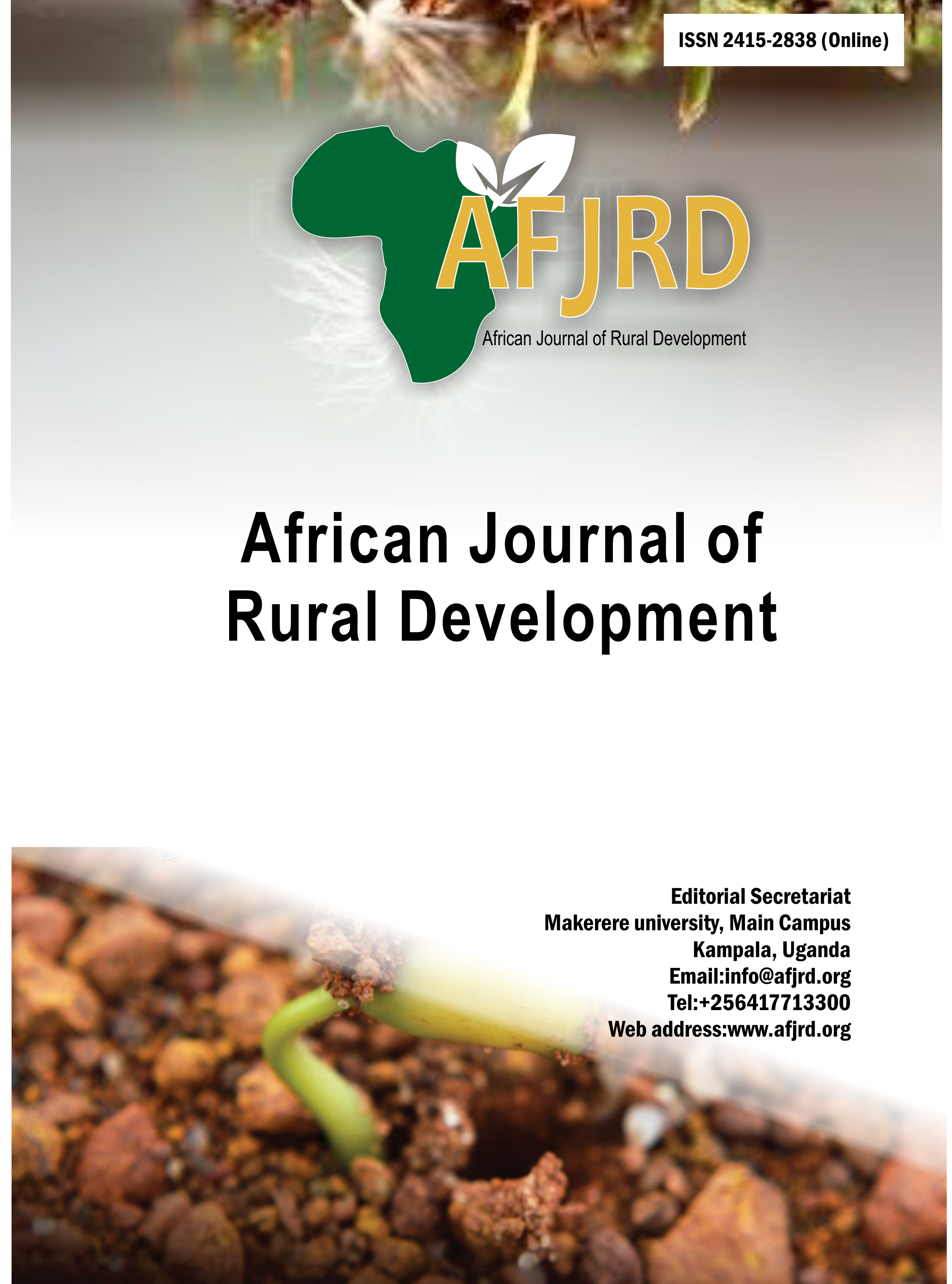The Overcoming Sanitary and Phytosanitary barriers to Agro-food trade under African Continental Free Trade Area Solutions to Sanitary and Phytosanitary Barriers to agro-food trade
Main Article Content
Abstract
The successful implementation of the African Continental Free Trade Area (AfCFTA) is challenged by significant Sanitary and Phytosanitary (SPS) barriers, which can be grouped into three main categories.
The first category involves weaknesses in policy and legal frameworks, primarily the lack of harmonized SPS strategies and legislation across member states, creating burdensome and inconsistent compliance requirements.
The second category encompasses weaknesses in institutional systems. These include a lack of technical expertise, weak implementation of risk analysis principles, inadequate inspection capacities, and the exclusion of the informal sector from food safety controls. Furthermore, low SPS awareness, limited use of international standards, and poor coordination and information exchange between agencies hinder effective SPS management.
The third category includes barriers in the infrastructure system. This involves the use of inappropriate technologies and facilities throughout agro-food value chains, insufficient investment in testing and diagnostic laboratories, and outdated infrastructure at border posts.
To overcome these challenges, a multi-faceted approach is recommended. For policy and legal barriers, harmonizing standards or negotiating mutual recognition agreements is key. Addressing institutional weaknesses requires capacity building through education and training, strengthening inspection services, adopting risk-based controls, and improving coordination. For infrastructure, significant investment is needed in modern technologies, laboratory modernization, and upgrading border facilities, including implementing one-stop border posts.
Achieving these goals demands collective action and commitment from individual Member States, Regional Economic Communities (RECs), and the African Union (AU) to address the SPS challenges that currently undermine regional integration and agro-food trade under the AfCFTA.
Article Details

This work is licensed under a Creative Commons Attribution 4.0 International License.
